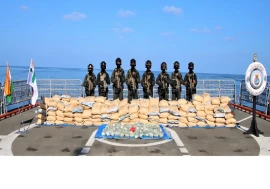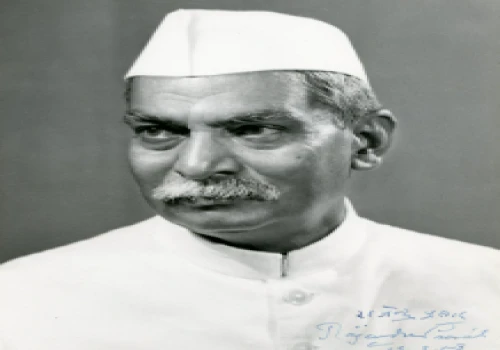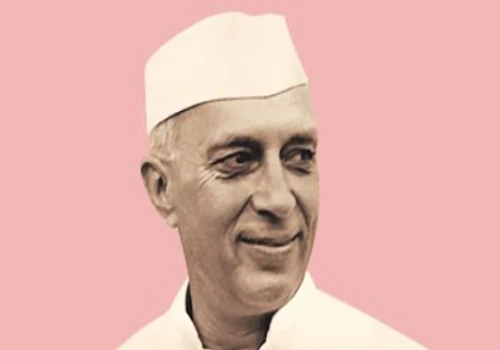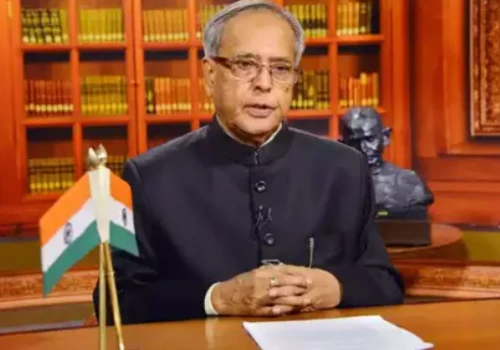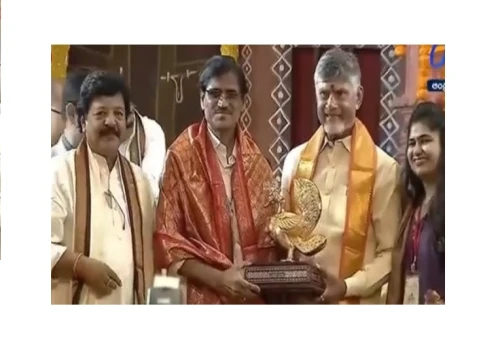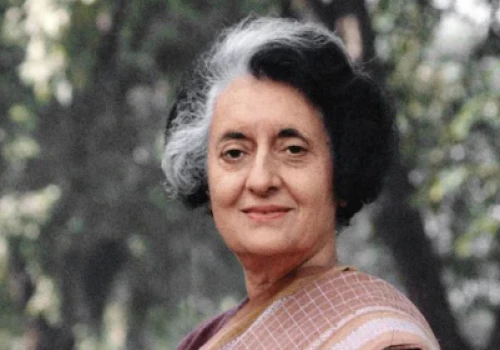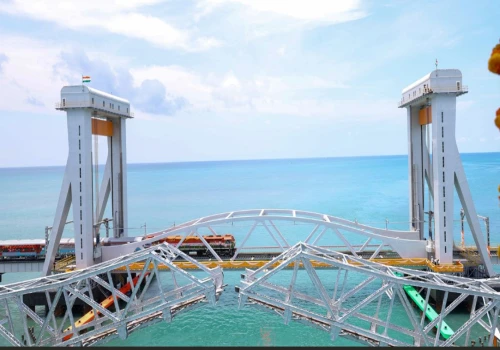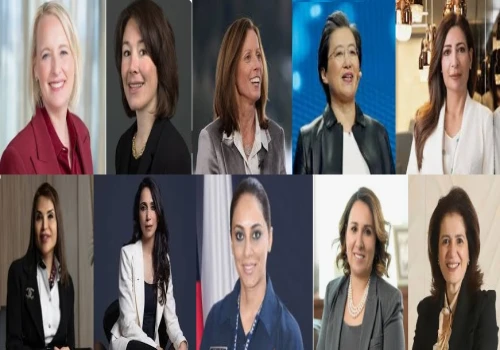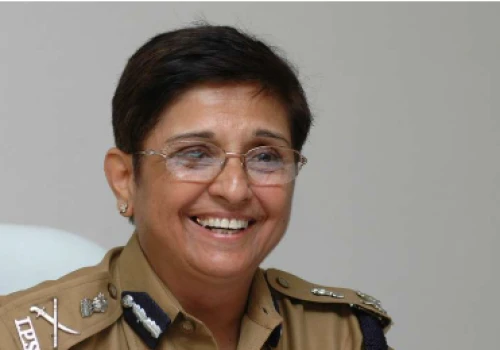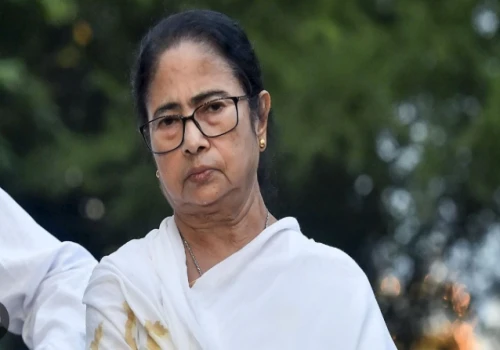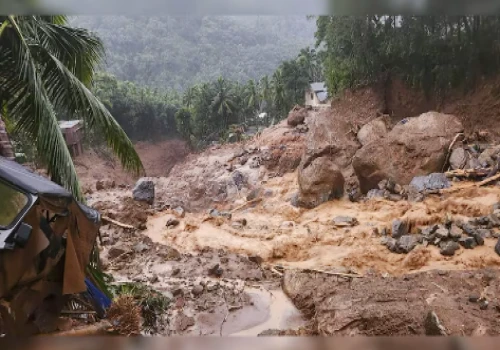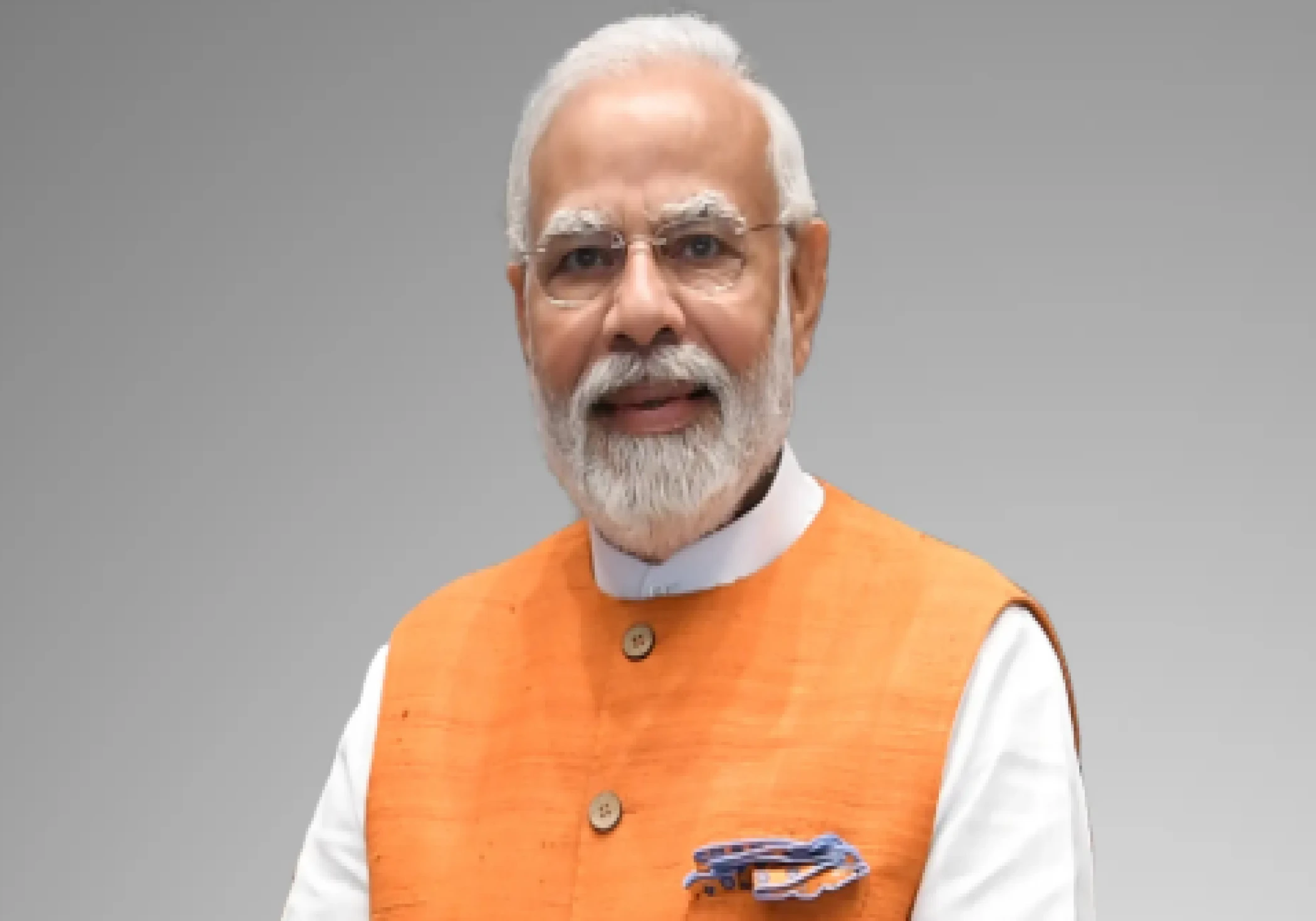
Narendra Damodardas Modi, the 14th Prime Minister of India, is one of the most powerful and divisive leaders of contemporary Indian politics.Modi was born on 17 September 1950 in Vadnagar, Gujarat. Modi's ascent from modest beginnings to the height of power in the world's largest democracy is a testament to resilience, ambition, and an unyielding vision for development.
Early Life and Education
Modi was born to a humble family. He was the third among six children. His father ran a tea stall, where Modi used to help him after school. Discipline, patriotism, and simplicity dominated his childhood. He completed his higher secondary education in Vadnagar, where he was famous for his debating skills and keen interest in theatre. He went on to secure a Bachelor of Arts degree in political science by correspondence from Delhi University and then a Master's degree from Gujarat University.
Early Political Career
Modi's connection to the Rashtriya Swayamsevak Sangh (RSS), a Hindu nationalist movement, started in his teenage years. He became a pracharak (missionary) and subsequently joined the Bharatiya Janata Party (BJP) in 1985. His organisational skills enabled him to climb rapidly up the party ranks, organising election campaigns and strategy in a number of states. His efforts in building the base of the BJP in Gujarat brought him into the national limelight.
Chief Minister of Gujarat (2001–2014)
Modi became the Chief Minister of Gujarat in 2001, succeeding Keshubhai Patel's resignation. His term was marked by industrial growth, infrastructure, and governance. His reign was also heavily condemned for the Gujarat riots of 2002, during which over a thousand people, largely from the Muslim community, were killed. In spite of international condemnation, Modi kept triumphing in subsequent state elections held in 2002, 2007, and 2012, gaining the reputation nationally as a business-friendly, development-oriented leader.
Gujarat under Modi had projects like Vibrant Gujarat Summit to attract investments and innovations relating to solar energy and infrastructure. His model of governance, the "Gujarat Model" as it has come to be called, provided the basis of his 2014 general election campaign.
Prime Minister of India (2014–Present)
Modi took the BJP to a historic victory in the 2014 general elections, putting an end to decades of coalition governments.His election campaign was based on economic development, anti-corruption, and strong leadership, represented by the campaign slogan "Achhe Din Aane Wale Hain" (Good days are coming).
As the Prime Minister, Modi launched several flagship schemes, which include:
• Swachh Bharat Abhiyan (Clean India Mission)
• Making in India (to increase manufacturing)
• Digital India
• Jan Dhan Yojana (financial inclusion)
• Ujjwala Yojana (offers of free LPG connections to women)
• Ayushman Bharat (world's largest government-funded health insurance scheme)
His government also witnessed some important economic changes like the rollout of the Goods and Services Tax (GST), the demonetisation of 2016, and growing emphasis on self-reliance in the form of the Atmanirbhar Bharat Abhiyan.
On the external front, Modi has been an engaged global operator, cementing ties with other countries like the US, Japan, and Israel, and consolidating India's position on global forums like BRICS, G20, and the UN.
He was returned to power with a stronger mandate in 2019, by elections fought on national security and nationalism, particularly following the Pulwama terrorist attack and the Balakot airstrike.
Public Perception and Image
Modi is traditionally portrayed as an assertive, charismatic leader. His admirers commend his elocution, work ethic, and vision, whereas his critics point to rising concerns over religious polarisation, freedom of the press, and democratic erosion.
He is also renowned for his presence on the internet and clever utilization of social media to address citizens directly.
Awards and Recognition
•Time 100 List (several appearances)
•Seoul Peace Prize (2018)
•Global Goalkeeper Award by the Bill and Melinda Gates Foundation (2019)
•Legion of Merit from the U.S. government
•Awards from countries like Russia, Saudi Arabia, Afghanistan, and the UAE.
Writing Career
Modi has authored several books, such as anthologies of poetry and essays on education, such as Exam Warriors, meant to inspire students.
Legacy and Continued Influence
Narendra Modi’s leadership has dramatically reshaped India’s political and policy landscape. Whether hailed as a visionary reformer or critiqued for his hardline stance, his influence on contemporary India is undeniable. With continued electoral strength and global recognition, Modi’s political journey is one of the most remarkable in the annals of Indian leadership.

